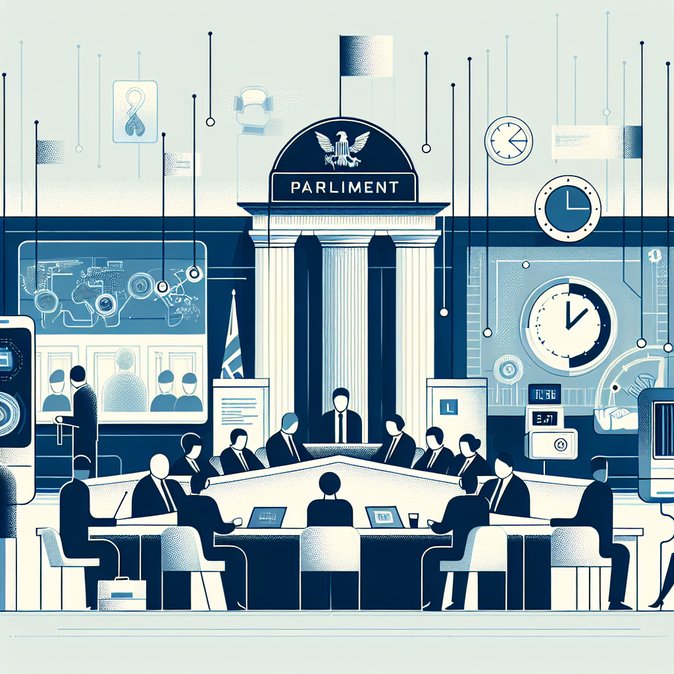
Canada’s House of Commons Standing Committee on Citizenship and Immigration (CIMM) convened today from 15:30 to 17:30 EDT to study Bill C-12, legislation that would overhaul border-security protocols and tighten integrity rules across the immigration system. Testifying were Immigration Minister Lena Metlege Diab, senior IRCC officials, Canada Border Services Agency vice-president Aaron McCrorie and Department of Justice counsel.
Bill C-12 proposes mandatory biometric exit controls at all air, land and sea ports, a central overstay database shared with provinces and foreign partners, and stiffer penalties for misrepresentation. It would also give CBSA expanded search powers for electronic devices and authorize on-the-spot visa cancellations where security risks are suspected.
If passed, the measures could significantly affect business travellers and multinational employers, introducing new compliance burdens such as digital travel histories and real-time reporting of work-permit status. IRCC officials told MPs the bill is designed to support the forthcoming fully digital visitor-record system and to meet Five-Eyes intelligence-sharing commitments.
Civil-liberties groups are urging amendments to limit device searches and require judicial warrants, while industry associations asked for a 12-month implementation window and clear rules for short-term cross-border work trips. The committee will receive written briefs until November 7 and aims to complete clause-by-clause review before year-end.
Employers should monitor the bill’s progress and prepare to integrate exit-data reconciliations into global-mobility reporting systems.
Bill C-12 proposes mandatory biometric exit controls at all air, land and sea ports, a central overstay database shared with provinces and foreign partners, and stiffer penalties for misrepresentation. It would also give CBSA expanded search powers for electronic devices and authorize on-the-spot visa cancellations where security risks are suspected.
If passed, the measures could significantly affect business travellers and multinational employers, introducing new compliance burdens such as digital travel histories and real-time reporting of work-permit status. IRCC officials told MPs the bill is designed to support the forthcoming fully digital visitor-record system and to meet Five-Eyes intelligence-sharing commitments.
Civil-liberties groups are urging amendments to limit device searches and require judicial warrants, while industry associations asked for a 12-month implementation window and clear rules for short-term cross-border work trips. The committee will receive written briefs until November 7 and aims to complete clause-by-clause review before year-end.
Employers should monitor the bill’s progress and prepare to integrate exit-data reconciliations into global-mobility reporting systems.











